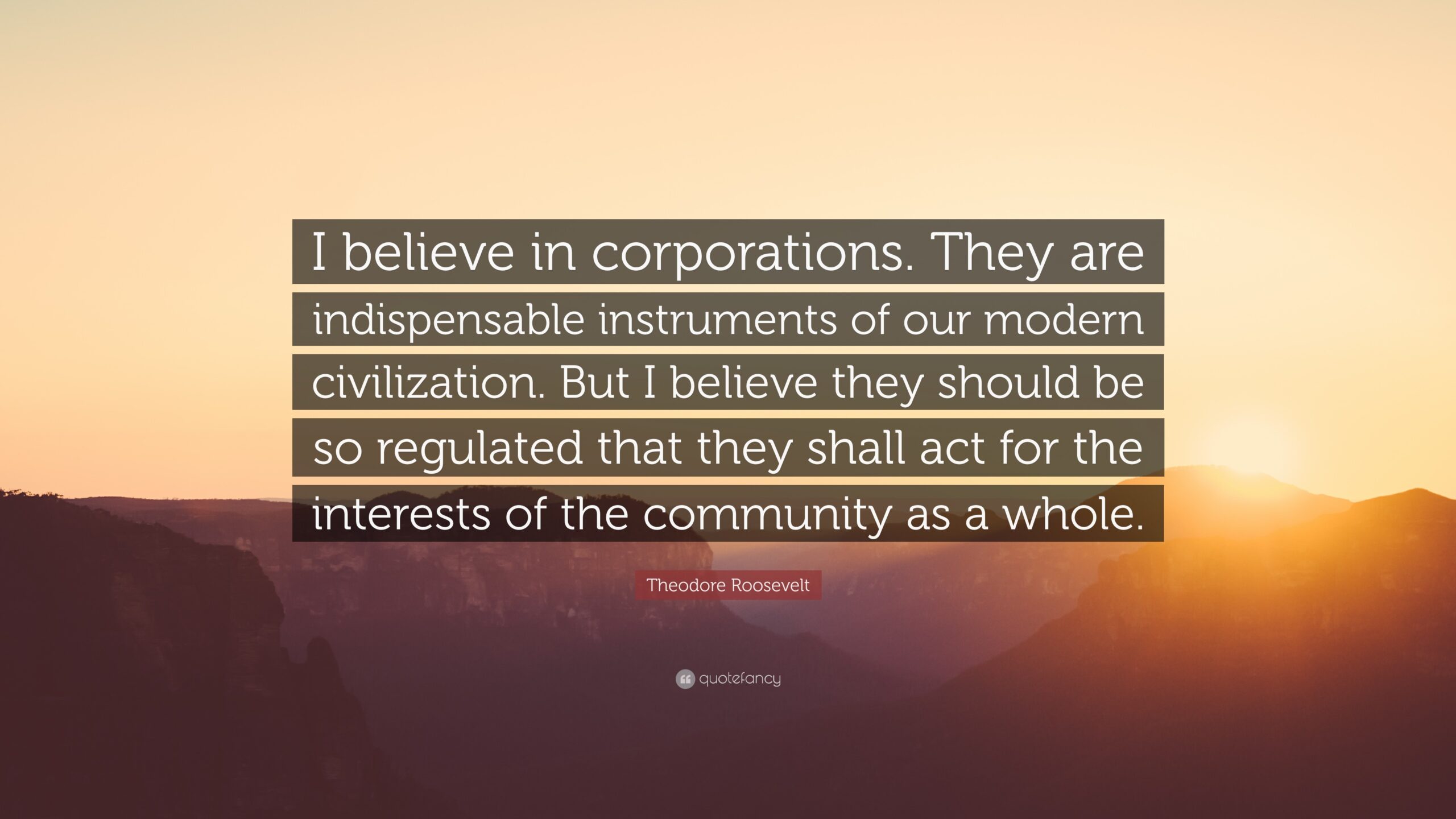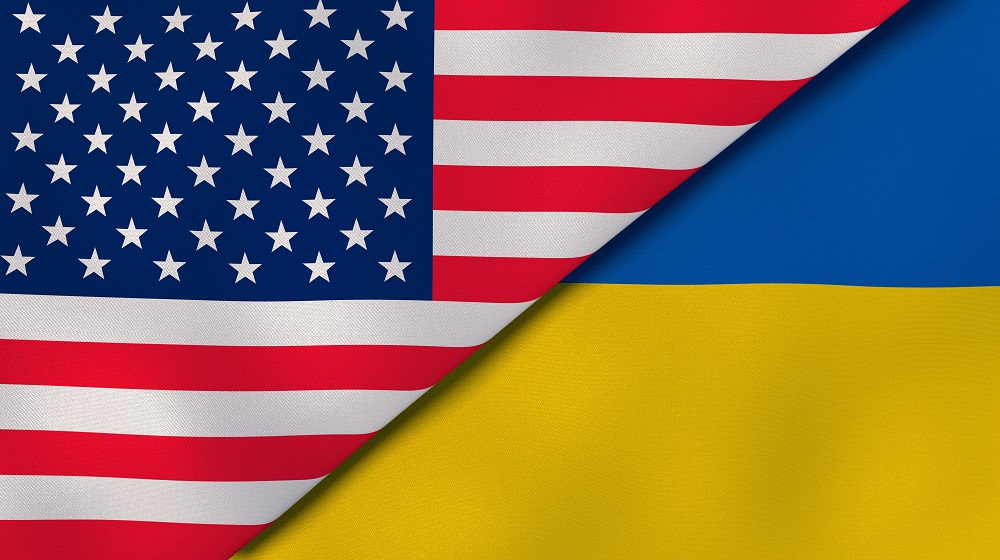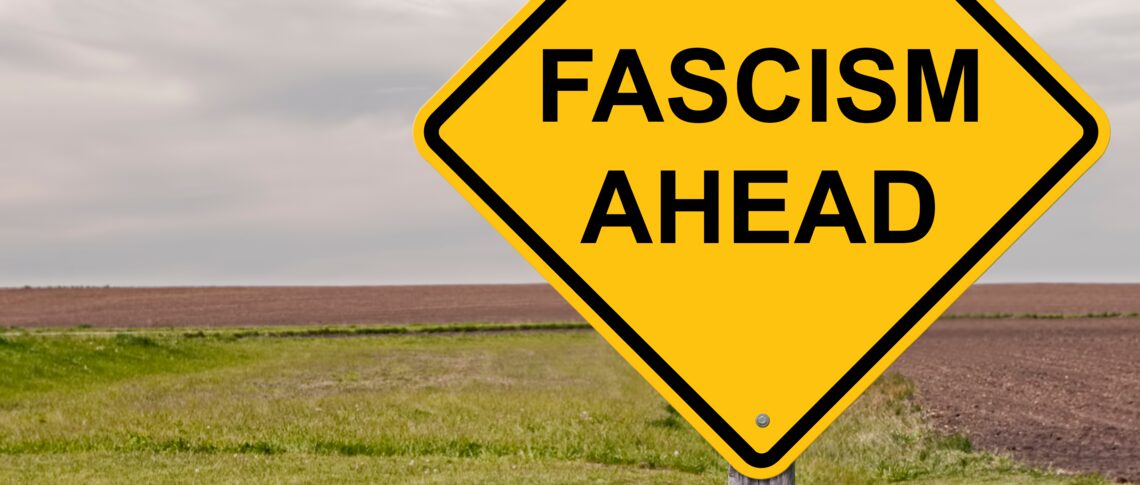The primary goal of business is to maximize profit with minimal investment. Government, by contrast, exists to serve the public good: justice, safety, shared responsibility—not profit.
That difference matters. A lot. And we’ve been pretending it doesn’t for too long.
I’m tired of hearing—“We should run the government like a business.” It sounds good to some folks. Sounds efficient. Sounds responsible. But it’s a lie. Worse, it’s a dangerous one. Because when you treat government like a business, you turn citizens into commodities and services into products. And people suffer. Real people. With names. With kids. With poisoned water, ruined homes, broken systems, and no one left to care.
If you want to know what our government is supposed to do, it’s right there in the Preamble to the Constitution:
“We the People of the United States, in Order to form a more perfect Union, establish Justice, insure domestic Tranquility, provide for the common defence, promote the general Welfare, and secure the Blessings of Liberty to ourselves and our Posterity…”
That’s not boardroom language. That’s not quarterly profit talk. That’s purpose. That’s promise. That’s public service. And it’s lightyears away from the logic of corporate America.
The Corporate Mindset Doesn’t Belong in Public Office
Let’s be blunt: Business exists to make money. That’s not evil—but it’s not governance either.
In a business, if a customer costs too much to serve, you drop them. If a process doesn’t drive revenue, you cut it. If workers are too expensive, you automate or outsource. These decisions may make sense in a shareholder meeting, but apply that same logic to a community and you get systemic neglect, injustice, and failure.
Want examples? We’ve got them—burned into the headlines and into people’s lives.
1. Flint, Michigan: Profits Over People
The water crisis in Flint wasn’t a natural disaster—it was a manmade one, born from a cost-cutting mentality. A state-appointed emergency manager, focused on saving money, switched the city’s water supply without properly treating it. The result? Thousands exposed to lead. Kids with permanent developmental damage. Families betrayed by the very government meant to protect them. All to save a few bucks.
That’s what “running it like a business” looks like when the bottom line wins.
2. The 2008 Crash: Deregulation and the Fallout
For decades, politicians from both parties chipped away at financial regulation in the name of efficiency, competition, and “free markets.” Banks turned into casinos. Oversight was gutted. Risk exploded. And when it all collapsed, it wasn’t CEOs who paid the price—it was us. People lost homes. Families lost savings. Whole neighborhoods fell apart. The business world gambled and failed, and the public picked up the bill.
3. Hurricane Katrina: Bureaucracy Gutted, Lives Lost
After FEMA was restructured to behave more like a lean, efficient business, it was slow, confused, and completely unprepared for a real disaster. Katrina hit. The levees broke. People were stranded for days. Supplies didn’t arrive. Contractors fumbled basic logistics. The human cost was staggering. All because someone thought a crisis response agency should worry more about contracts and budget optics than boots on the ground.
4. Private Prisons: The Market Can’t Measure Justice
In theory, private prisons were supposed to save taxpayers money. In reality, they created a profit motive for mass incarceration. The more people jailed, the more money made. Corners were cut. Violence rose. Rehabilitation dropped. The system didn’t just fail—it got paid to fail. And still does. That’s what happens when you turn human lives into balance sheet assets.
Here’s the Problem
Government is about people. All people—not just the profitable ones. Not just the well-connected ones. And not just the ones who can shout the loudest on a shareholder call.
So no, we don’t need to “run it like a business.” We need to run it like a democracy. Like a promise made to the people who live here. A government is supposed to take care of things that aren’t profitable: education, health, clean air, safe streets, voting rights, housing, recovery. Things a corporation wouldn’t touch unless there was money in it.
Running government like a business means leaving the most vulnerable behind—and doing it with a PowerPoint deck and a smile.
Final Thought
The logic of capitalism and the mission of governance are not just different—they are often in direct conflict. Profit demands exclusion. Democracy demands inclusion. One says, “What’s in it for me?” The other asks, “What do we owe each other?”
And until we stop confusing them, we’ll keep failing each other in all the ways that matter most.




